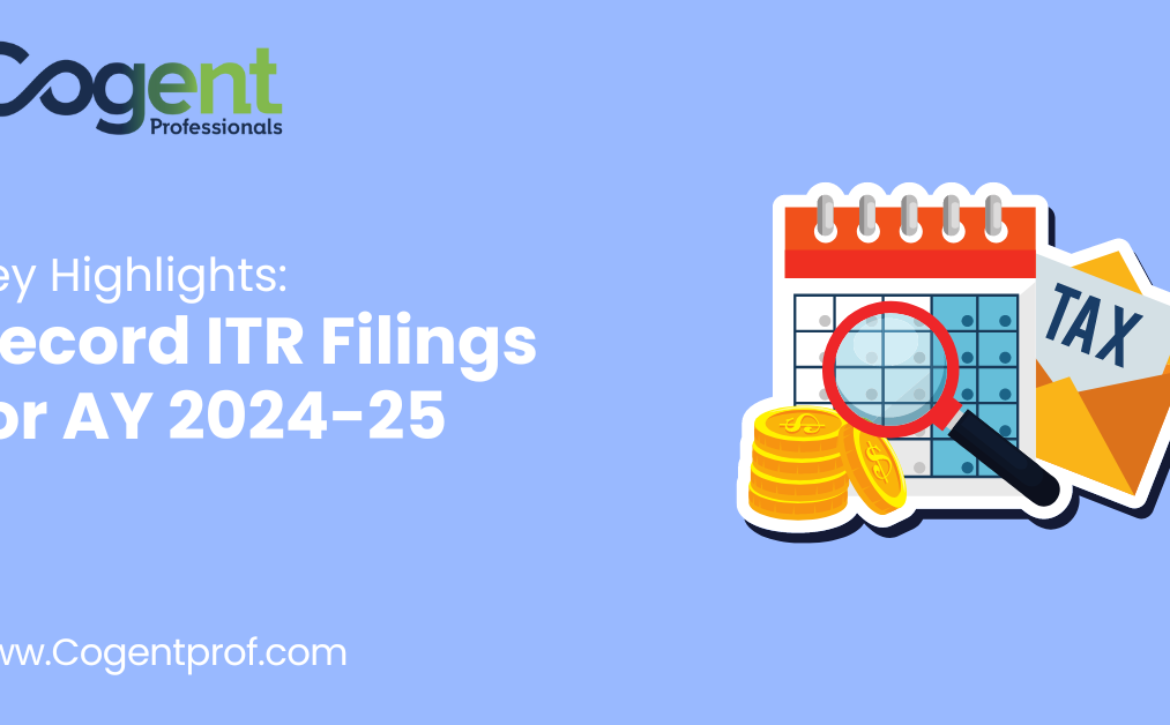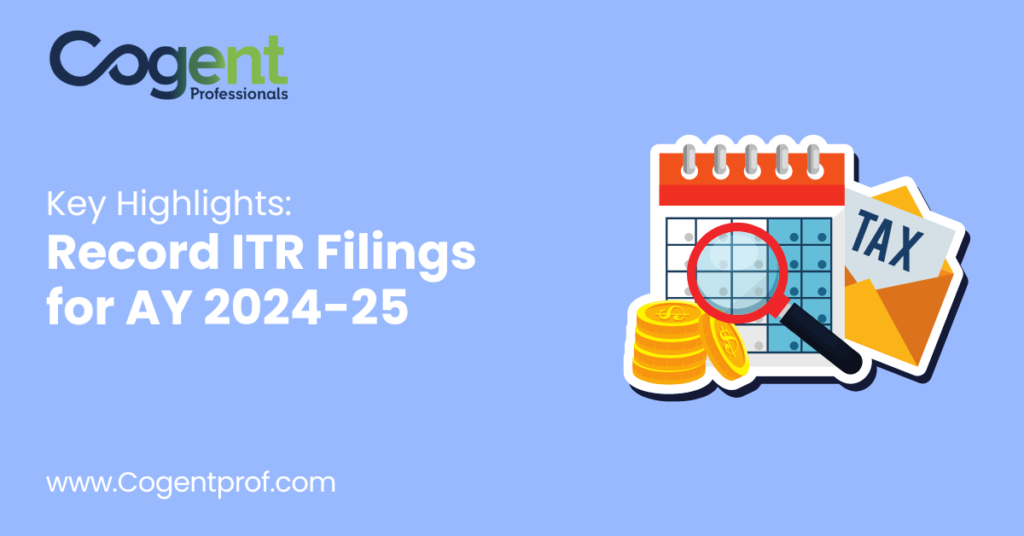Cogent Professionals Named One of the ’10 Most Promising Virtual CFO Service Providers – 2024′ by Finance Outlook India
Cogent Professionals Named One of the ’10 Most Promising Virtual CFO Service Providers – 2024′ by Finance Outlook India

We are proud to announce that Cogent Professionals has been recognized as one of the “10 Most Promising Virtual CFO Service Providers – 2024” by Finance Outlook India. This prestigious recognition is a reflection of our ongoing commitment to excellence in providing comprehensive financial solutions that empower businesses to navigate today’s complex financial landscapes.
Commitment to Excellence
For over 22 years, we have specialized in delivering strategic financial services, including Transaction Advisory, Corporate Structuring, Fund Restructuring, and Mergers & Acquisitions. Our expertise extends across various sectors and geographies, with operations in India, Singapore, and the UAE. This recognition underscores our ability to offer tailored solutions that drive growth and ensure compliance in an ever-changing global market.
Why This Recognition Matters
Being named one of the top Virtual CFO service providers highlights our dedication to not just managing finances but to fostering long-term partnerships with our clients. We are focused on delivering results that align with our clients’ strategic goals, ensuring that they are equipped to succeed in a fast-paced, dynamic environment.
Looking Forward
As we celebrate this milestone, we remain committed to enhancing our services and continuing to support our clients in achieving their financial and operational objectives. We believe that this recognition is just the beginning, and we are excited about the future opportunities to collaborate and innovate.
Explore More
We invite you to learn more about this recognition and the work that sets Cogent Professionals apart. Explore the full feature in Finance Outlook India:
Thank You
This achievement would not have been possible without the trust and support of our clients, partners, and our dedicated team. We look forward to continuing our journey together, driving success and shaping the future of financial services.
—
Best regards,
Chartered Accountant and Company Secretary,
Director, Cogent Professionals
director@cogentprof.com
+91 86961 99999









